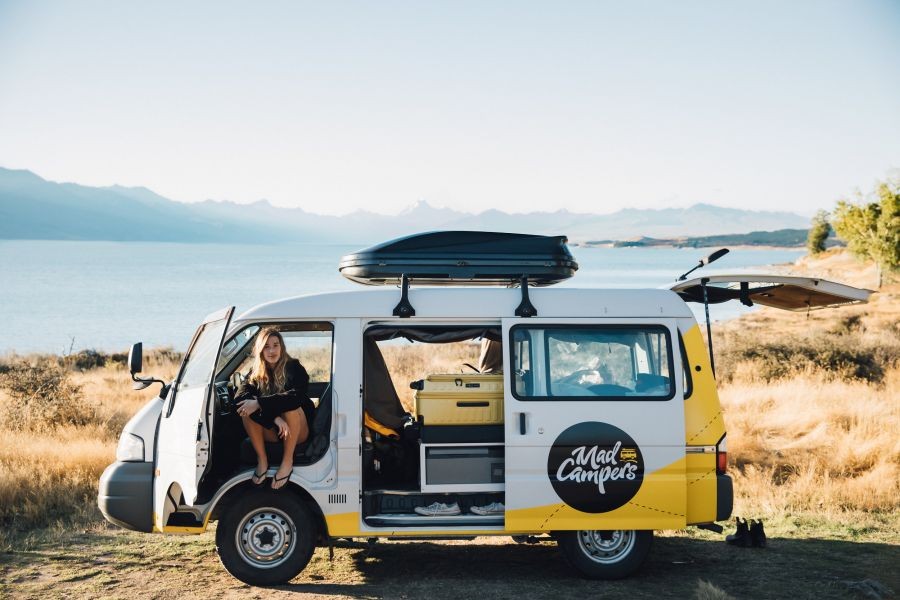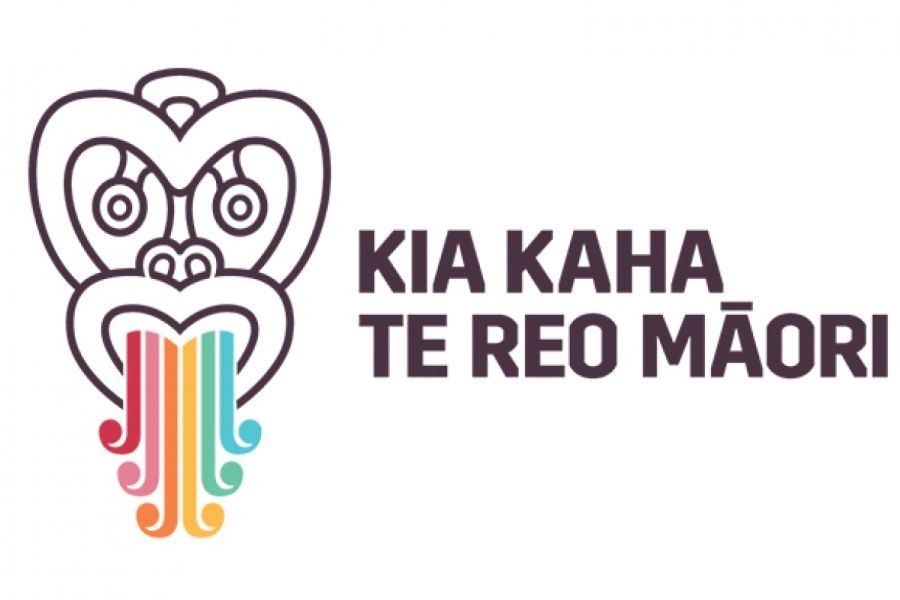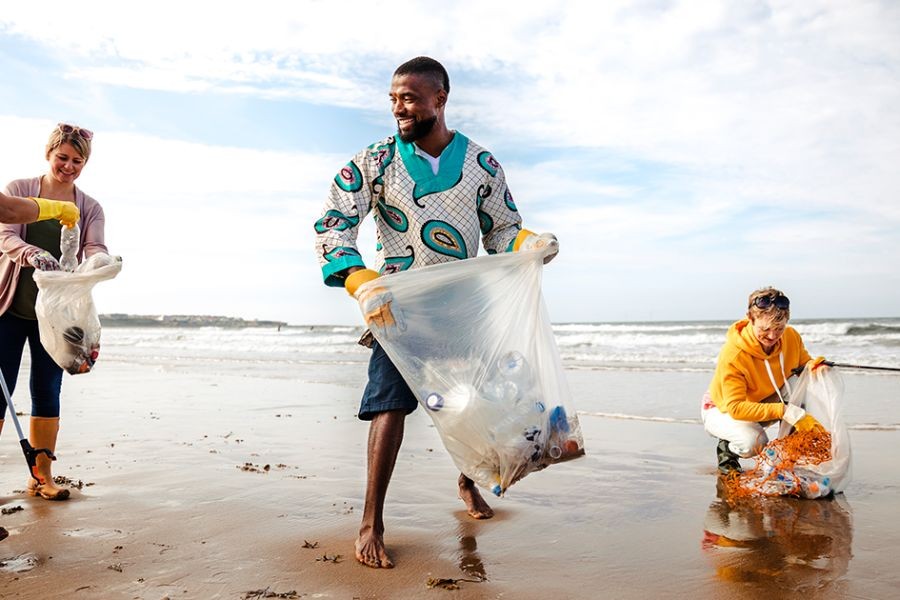New Zealand's coffee culture is as rich and vibrant as the aromatic brews found in its bustling cafes. From the flat whites of Wellington to the specialty blends of Auckland, coffee is more than just a drink—it's a lifestyle. But as the world around us evolves, the coffee industry in New Zealand faces new challenges and opportunities. What does the future hold for Kiwis and their beloved coffee culture?
Introduction: The Aromatic Evolution of Kiwi Coffee Culture
Meet Emma, a young entrepreneur from Christchurch who recently opened her third specialty coffee shop, despite the pandemic's economic challenges. Emma's story isn't unique; it's a testament to New Zealanders' enduring love for coffee. Yet, with global trends like sustainability and technology influencing consumer behavior, the Kiwi coffee industry is on the cusp of transformation. According to Statistics New Zealand, the country's cafe industry contributes over NZD 2 billion annually to the economy, highlighting its significant role. But how will this change in the coming years?
The Pros and Cons of New Zealand's Thriving Coffee Scene
Before diving into the future, let's weigh the current strengths and weaknesses of New Zealand's coffee culture.
✅ Pros:
- Strong Market Demand: New Zealand ranks among the highest coffee consumption per capita, ensuring a robust market.
- Innovation and Variety: With a diverse range of cafes offering unique blends and brewing techniques, there's no shortage of options.
- Local Support: The "buy local" trend boosts small businesses and local coffee roasters.
❌ Cons:
- Supply Chain Vulnerabilities: New Zealand relies heavily on imported coffee, making it susceptible to international market fluctuations.
- Sustainability Challenges: The industry faces pressure to adopt eco-friendly practices, which can increase operational costs.
- Competition Pressure: With many cafes, businesses must innovate continuously to stand out.
Case Study: Coffee Supreme – A Kiwi Success Story
Problem:
Coffee Supreme, a renowned New Zealand coffee roaster, faced stiff competition and rising operational costs. The challenge was to maintain growth while enhancing sustainability.
Action:
To tackle these issues, Coffee Supreme adopted an innovative approach by sourcing ethically produced beans and investing in energy-efficient roasting techniques. They also introduced a subscription model, allowing customers to receive freshly roasted coffee at their doorstep.
Result:
After one year, Coffee Supreme saw a 25% increase in subscriptions and reduced their carbon footprint by 30%. Their commitment to sustainability resonated with customers, boosting their brand reputation.
Takeaway:
This case study underscores the importance of sustainability and innovation in maintaining a competitive edge. Kiwi businesses can learn from this approach to thrive in the evolving coffee market.
Data-Driven Insights: The Impact of Global Trends on Kiwi Coffee
Industry data from MBIE reveals that New Zealand's coffee market is expected to grow by 5% annually over the next five years, driven by trends such as digital transformation and sustainability. As more consumers prioritize ethical consumption, cafes adopting eco-friendly practices are likely to attract a loyal customer base.
Debunking Myths: Common Misconceptions in the Coffee Industry
- Myth: Coffee is purely a luxury item.
- Reality: Coffee has become an integral part of Kiwi culture, with over 75% of New Zealanders drinking it daily (Stats NZ).
- Myth: Sustainability is too costly for small businesses.
- Reality: While initial costs may be high, sustainable practices often lead to long-term savings and customer loyalty.
Future Trends: What Lies Ahead for New Zealand's Coffee Culture?
The future of New Zealand's coffee industry looks promising. With advancements in technology, cafes are increasingly using data analytics to personalize customer experiences. Moreover, the rise of plant-based alternatives and zero-waste movements are set to redefine coffee consumption. According to Deloitte's 2024 report, by 2028, nearly 60% of cafes in New Zealand will adopt AI-driven customer service tools.
Conclusion: Brewing a Bright Future for Kiwis
New Zealand's coffee culture continues to thrive, fueled by innovation and a deep-rooted love for the brew. As the industry evolves, embracing sustainability and technology will be key to staying ahead. Are you ready to be part of New Zealand's coffee revolution? Share your thoughts below or explore how you can support local cafes in their journey towards a sustainable future.
Related Search Queries
- Future of coffee industry in New Zealand
- Sustainable coffee practices in NZ
- Impact of technology on NZ coffee culture
- Trends in New Zealand's cafe industry
- AI in the coffee business
People Also Ask
- How does coffee culture impact New Zealand's economy? The coffee industry contributes over NZD 2 billion annually, underscoring its economic importance.
- What are the biggest challenges for Kiwi cafes? Sustainability and competition are significant challenges, requiring continuous innovation.
- How can cafes adopt sustainable practices? By sourcing ethically and investing in eco-friendly technologies, cafes can enhance sustainability.
- What upcoming changes could affect New Zealand's coffee industry? By 2028, AI-driven customer service tools will become prevalent, enhancing customer engagement.































